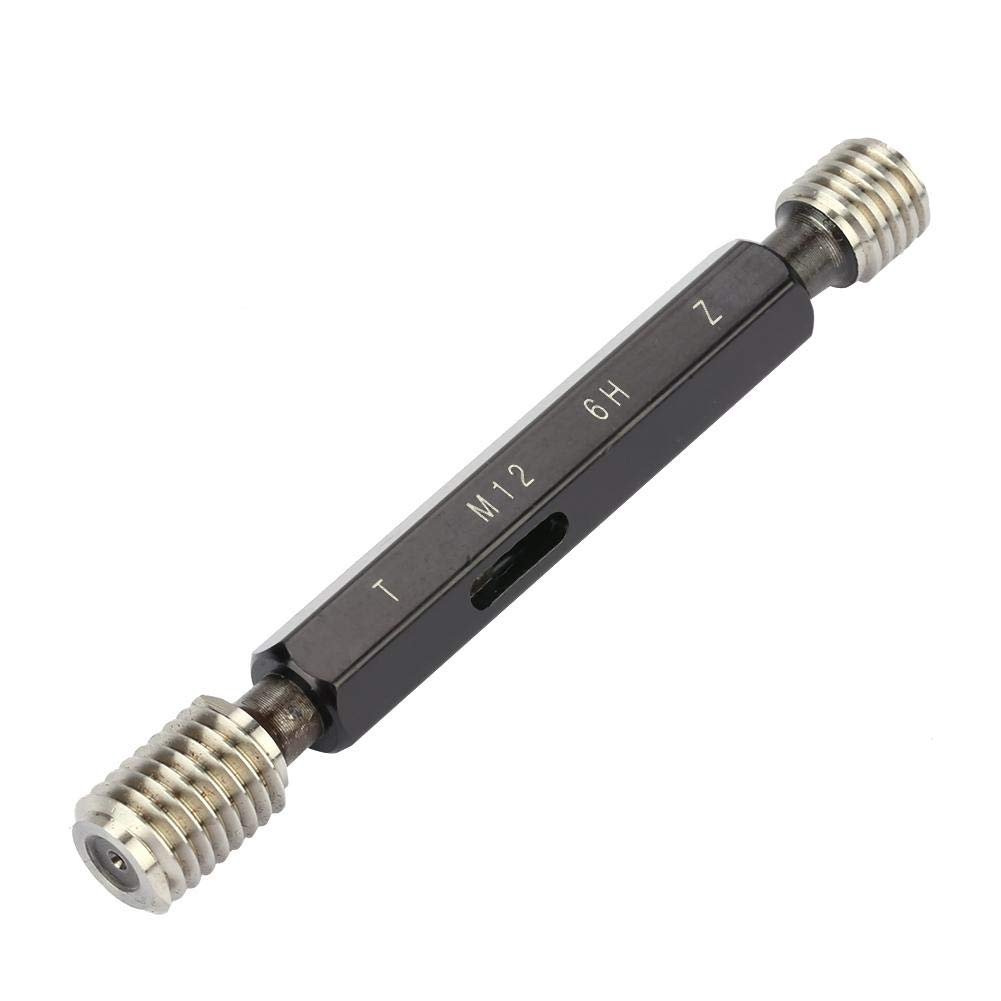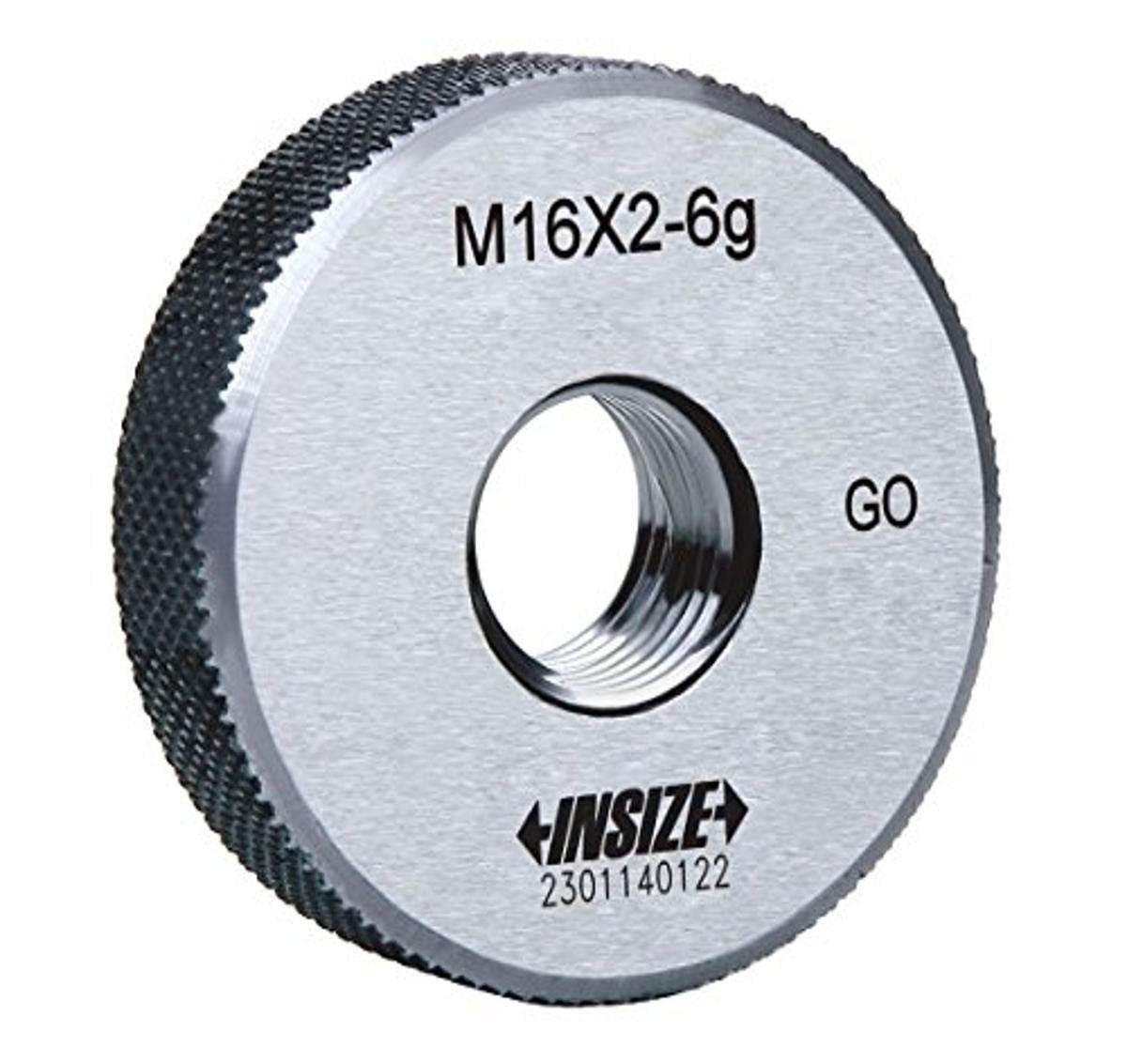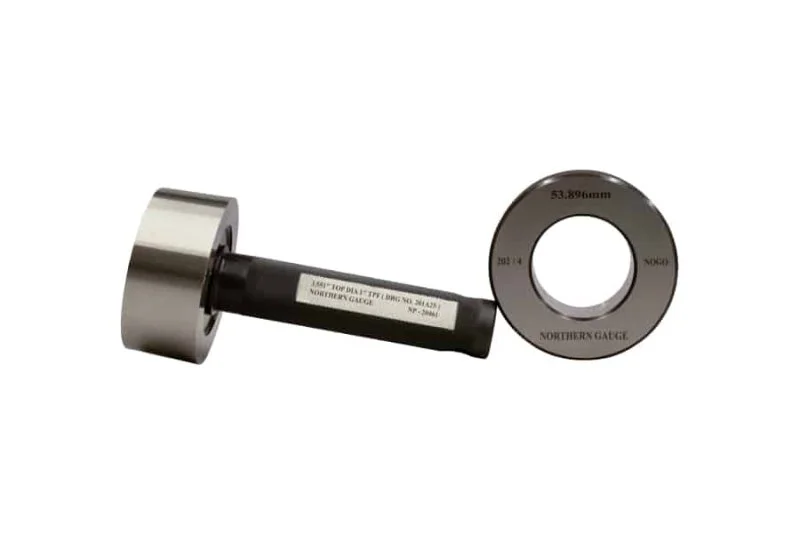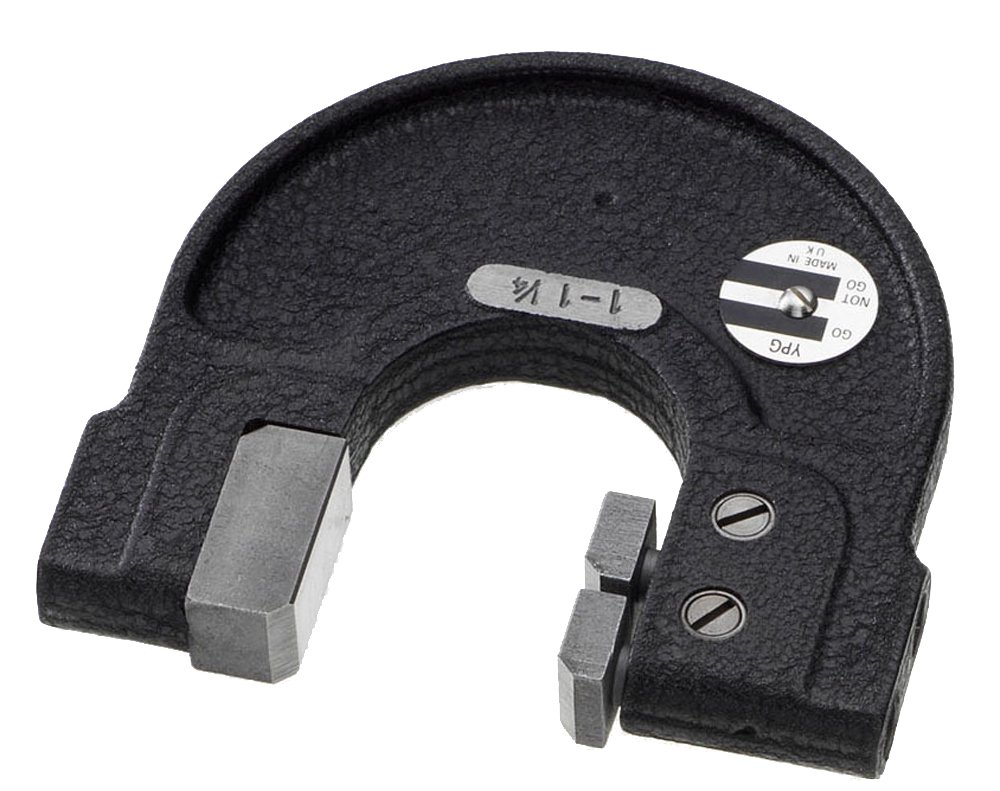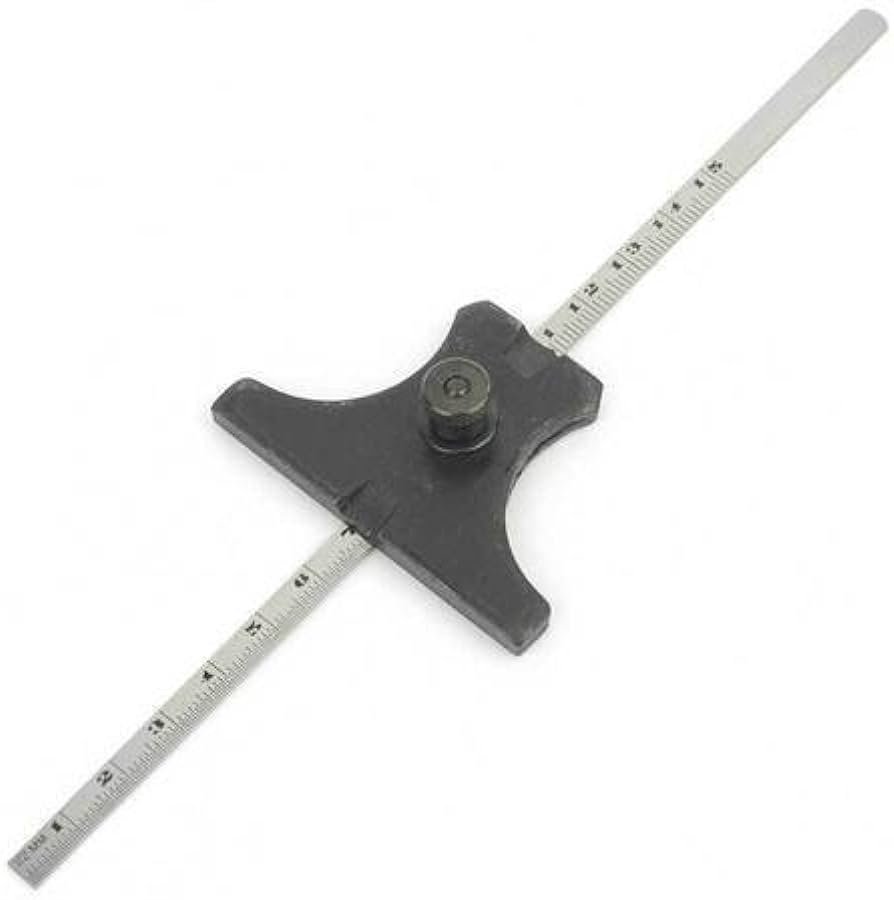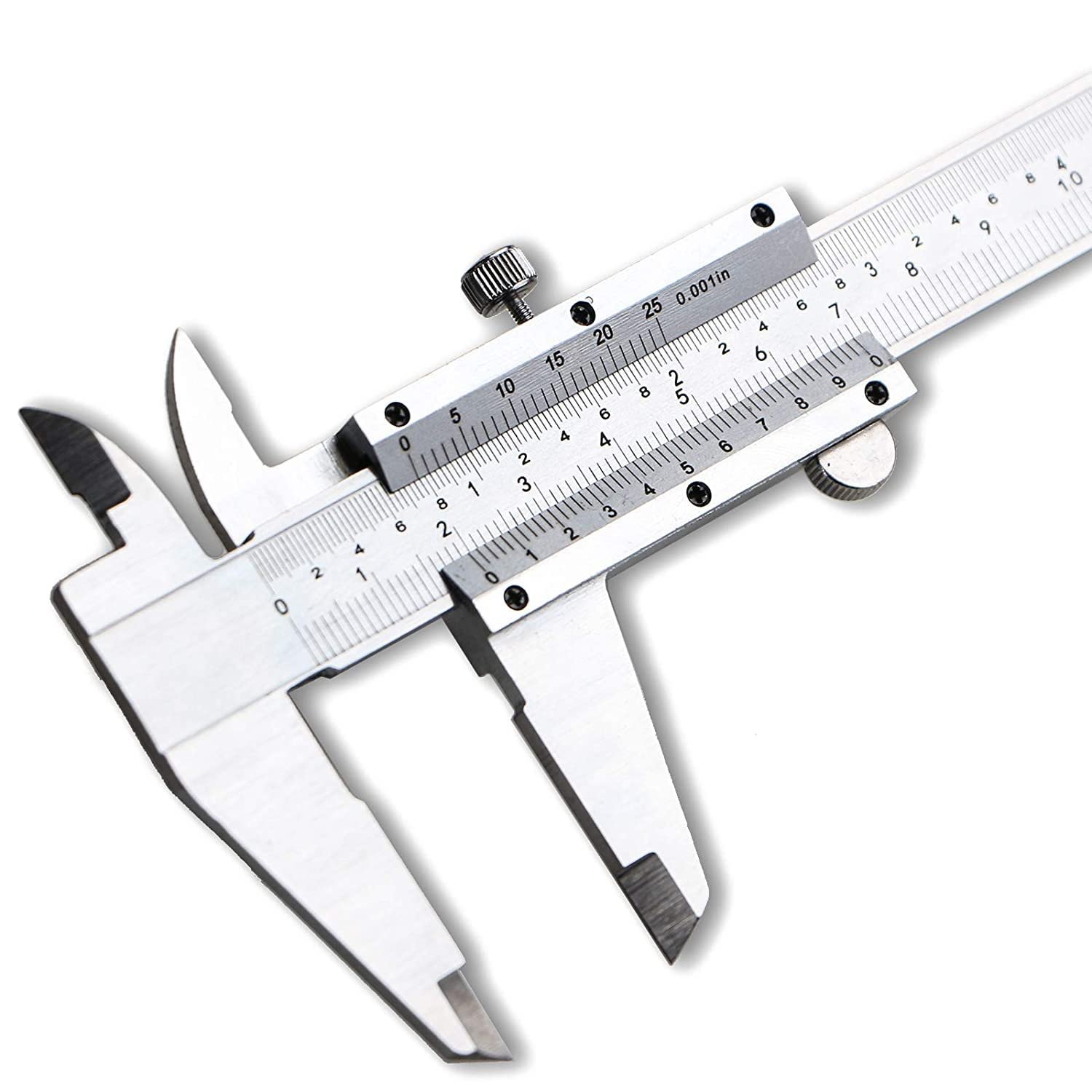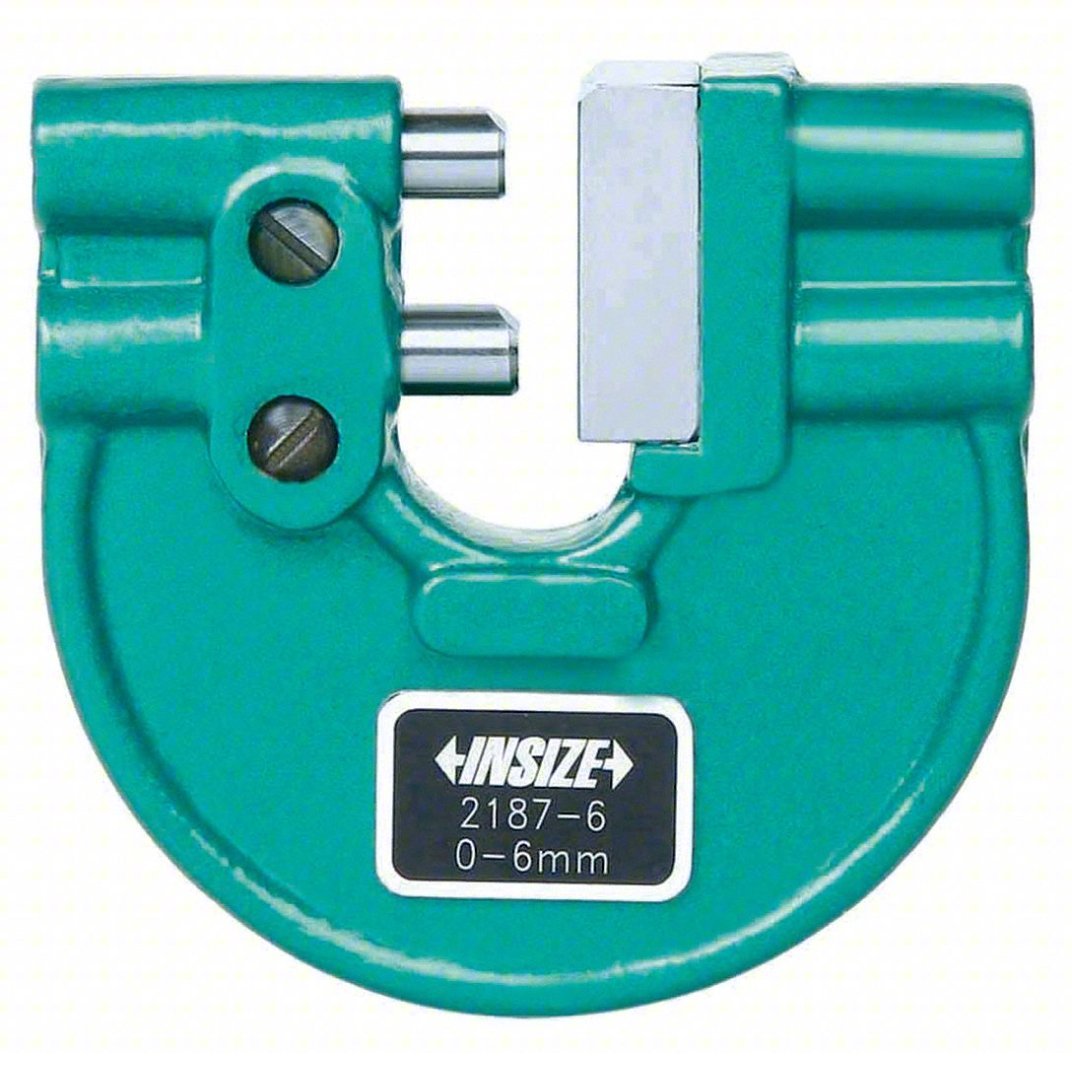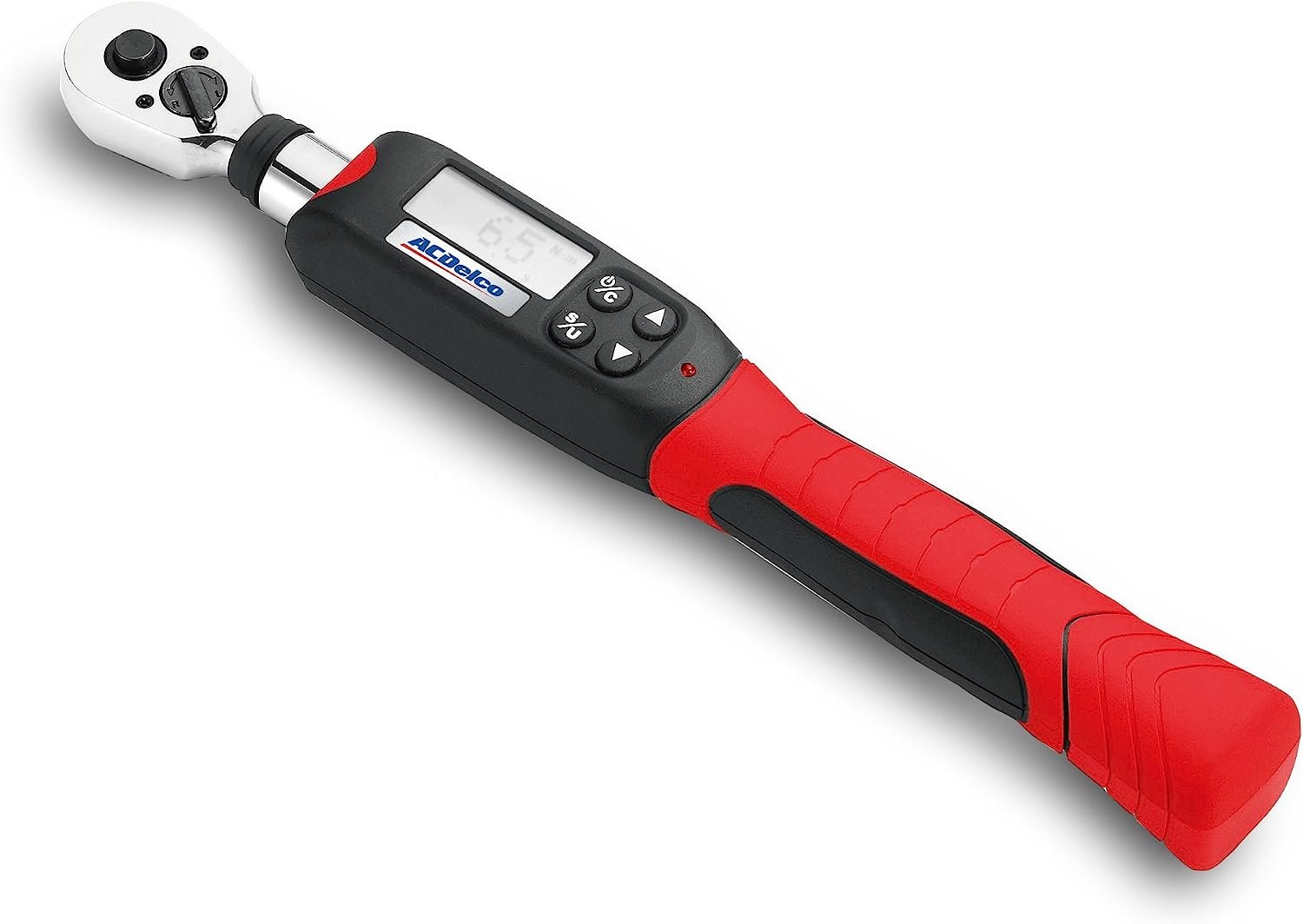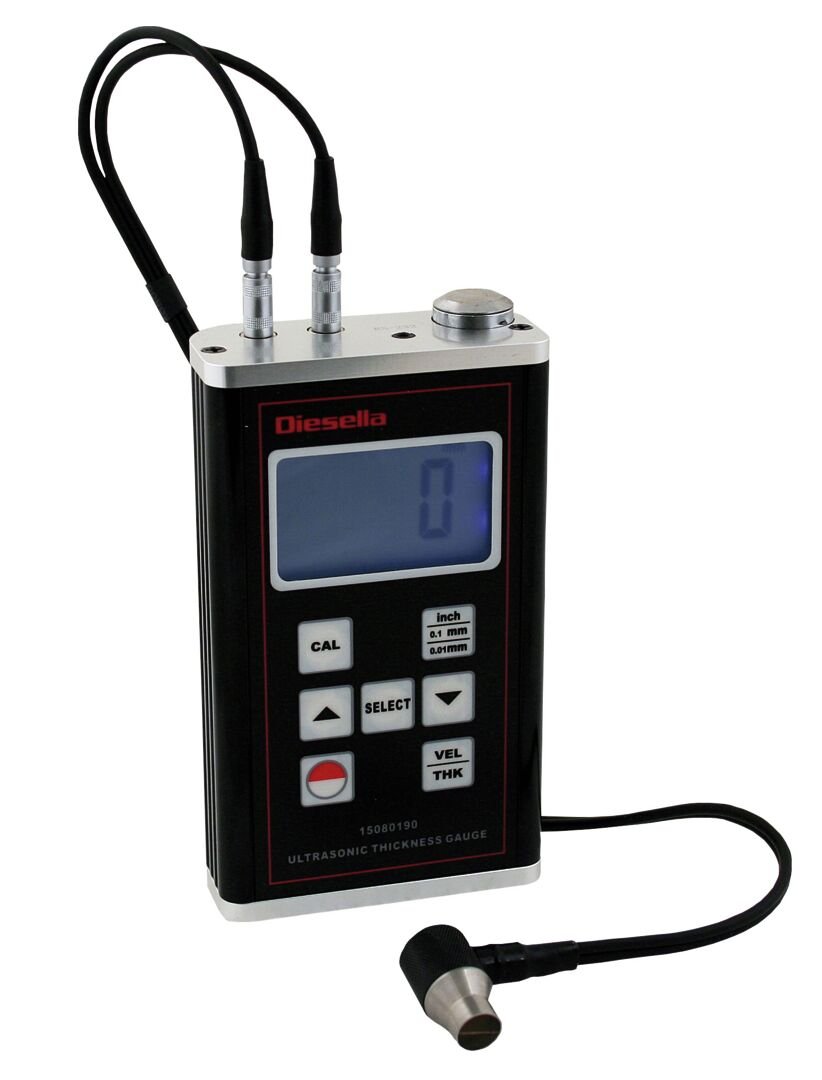Ask the Fastener Expert: How Do You Use Gauges for Fasteners?
Fasteners are essential components in various industries and applications, and there are several types of gauges used to measure and inspect them. These gauges help ensure that fasteners meet specified standards and tolerances. Here are some common types of gauges used in fastener inspection:
Thread Plug Gauges
Thread plug gauges are used to check the external threads on screws, bolts, and studs. They have a threaded end that is screwed into the fastener to check if the threads are within acceptable tolerances. There are two main types: GO (to check the minimum material condition) and NO-GO (to check the maximum material condition). If a fastener fits the GO gauge but not the NO-GO gauge, it is considered acceptable.
Thread Ring Gauges
Thread ring gauges are used to inspect the internal threads of nuts or threaded holes. They are similar to thread plug gauges but are designed for internal threads. They also come in GO and NO-GO types to verify the quality of the threads.
Plain Plug and Ring Gauges
These gauges are used to check the diameter and tolerances of fastener shanks or unthreaded portions. Plain plug gauges are inserted into holes, while plain ring gauges are used to check the outside diameter of bolts or studs.
Snap Gauges
Snap gauges, also known as gap gauges or bore gauges, are used to measure the outside diameter of fasteners. They consist of two movable anvils that snap into position when they contact the part being measured. Snap gauges are often used for quick and efficient inspection.
Depth Gauges
Depth gauges are used to measure the depth of holes or the length of fasteners. They come in various forms, including dial indicators, digital calipers, and micrometers. Depth gauges are crucial for ensuring that fasteners are installed to the correct depth.
Micrometers
Micrometers are precision measuring instruments used to measure the diameter of fasteners with high accuracy. They are available in different types, such as outside micrometers and inside micrometers, and are commonly used in quality control processes.
Calipers
Calipers, both vernier and digital, are versatile tools used to measure the length, diameter, or thickness of fasteners. They are available in various sizes and provide relatively accurate measurements.
Go/No-Go Plug Gauges
These gauges are used to quickly check the presence and accuracy of specific features, such as the presence of holes or slots in fasteners. They are simple and effective for go/no-go assessments.
Torque Wrenches
While not gauges in the traditional sense, torque wrenches are important tools for fastener installation. They ensure that fasteners are tightened to the specified torque, which is critical for safety and performance.
Ultrasonic Gauges
In some specialized applications, ultrasonic gauges are used to measure the length or thickness of fasteners by sending ultrasonic waves through the material and measuring the time it takes for the waves to bounce back.
These are just some of the many types of gauges used in the fastener industry to ensure that fasteners meet the required specifications and quality standards. The choice of gauge depends on the specific requirements of the fastener and the application.
For more information about the different gauges used for fasteners, contact Mudge Fasteners at (800) 634-0406.

